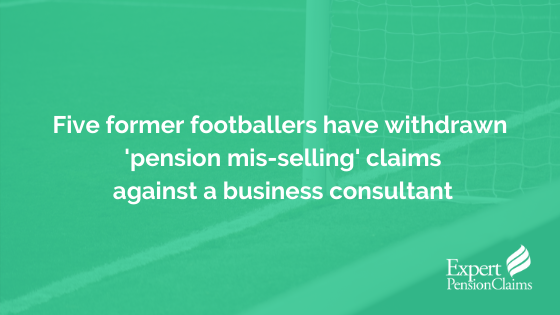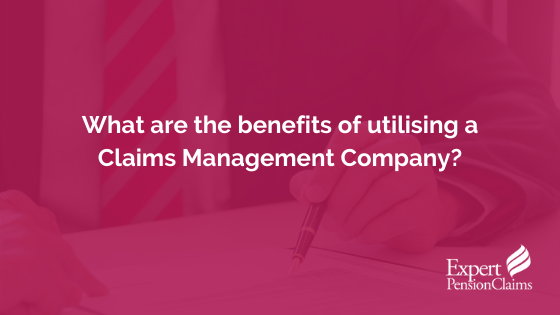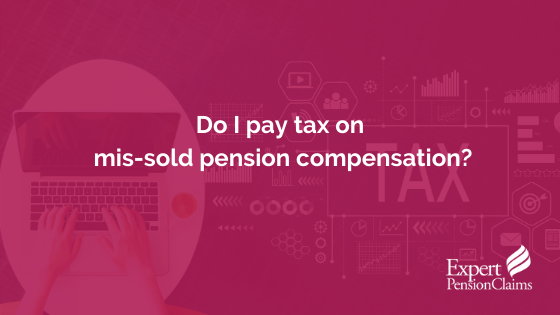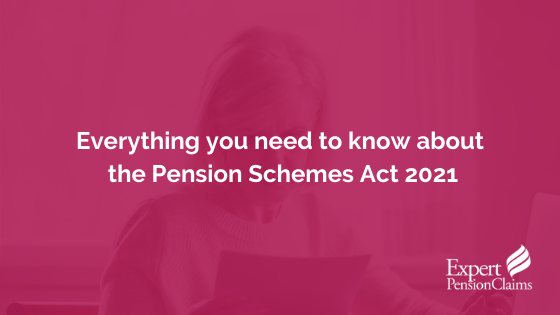Your questions answered on Self Invested Personal Pensions
A SIPP, or a Self Invested Personal Pension as it is otherwise known, is your own pension agreement that holds onto your contributions until you are ready to retire. The SIPP scheme (Self Invested Personal Pension) is a personal pension scheme approved by the UK government.
In a nutshell, a SIPP is a “do-it-yourself” pension – with more flexibility and freedom with the investments you can choose. It differs from a standard personal pension in that it is self-invested, meaning you have much more choice and freedom around your investments.
A brief history of SIPPs
The SIPP market can actually be traced back to the 1970s, as the Finance Act of 1973 introduced the SSAS (Small Self Administered Scheme). These are essentially pension trusts which are set up by a limited company or partnership. They were the first of their kind to, like SIPPs, offer that “wider choice”, flexibility and control, unlike the standard pension plans. Self Invested Personal Pensions grew from this and are now a popular way to invest.
How SIPPs work
Unlike standard personal pensions, you are in full control of managing your investments. You choose what investments you want to put savings into, and you can even manage them online in a similar way that you would manage your online banking. SIPPs are specifically designed to give you flexibility, and you can actually have a SIPP from as little as £50 per month. That said, the wider the range of investments, the higher the minimum investment. You can top up at any time but you are not supposed to exceed £40,000 in 2019-2020.
Types of SIPPS
Full SIPP
As the name suggests, full SIPPs offer the most and the widest of choices. This also means they incur the highest charges. Full SIPPs are suitable for those with large pension sums, as the average investment is around the ballpark of £200,000 – £450,000.
Low-cost SIPP
These are unsurprisingly less costly than a full SIPP, and they tend to come with a lack of advice from the company. Instead, they call it an “execution-only” investment, making you responsible without any guidance, therefore driving the cost down. Low-cost SIPPs do not include owning property directly or offshore funds – you would need a full SIPP for this.
Hybrid SIPP
Otherwise known as “insurance SIPPs” as they are offered by insurance companies, this type of pension requires a large payment into the company’s own funds before you can choose your own assets. If you want control over your investment from the offset, you are better looking at a full SIPP.
Can I be mis-sold a SIPP?
In short, unfortunately, yes. SIPP mis-selling is something that has taken place on numerous occasions, and the investors have been paid compensation for this. If you were advised to place your existing pension into a SIPP, or you have a SIPP and this wasn’t your intention, it could be possible you’ve been mis-sold a SIPP. If you think you may have been mis-sold, or you know someone who has, our team at Expert Pension Claims can let you know in minutes.














